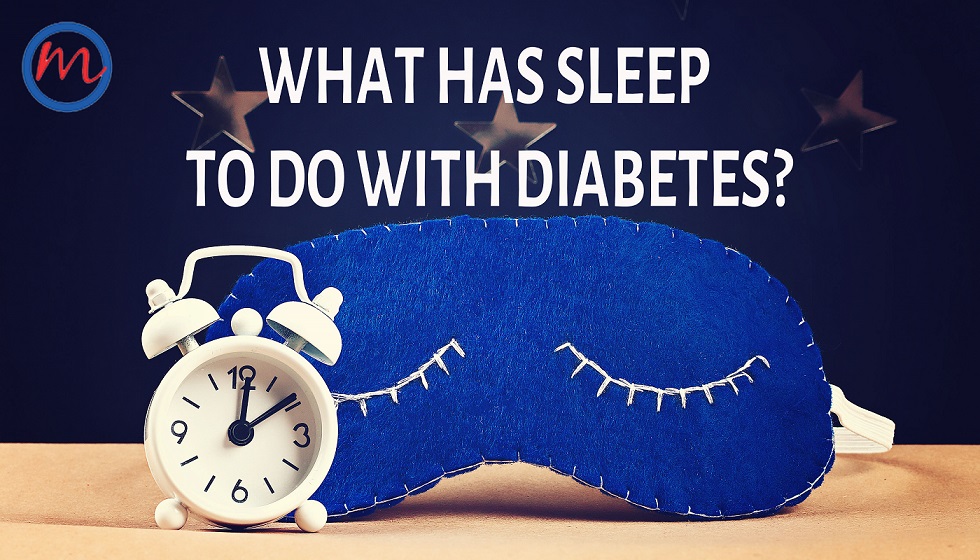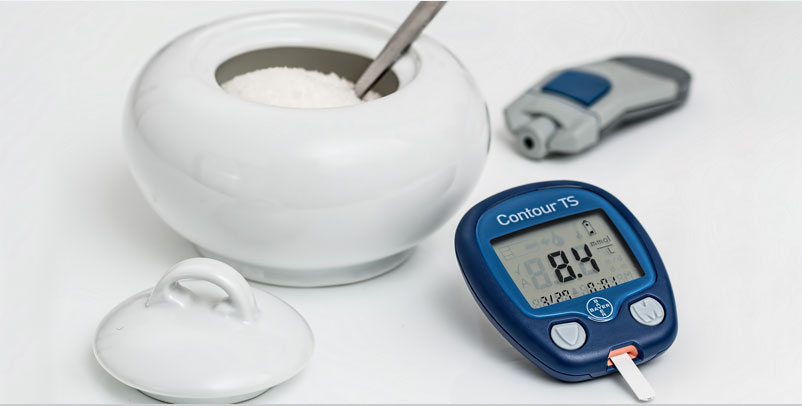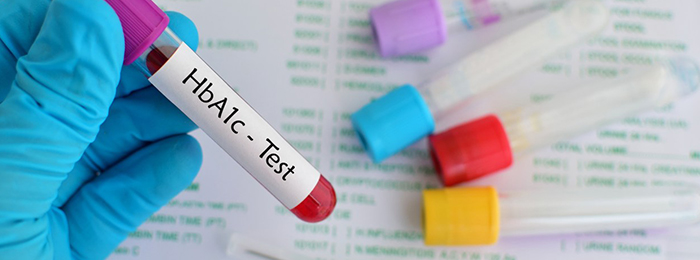A lot, say experts. For, diabetes and sleep problems often go hand in hand.
There are stories and stories about famous people who sleep just a few hours but are always on the top of their form. For the rest of humanity, however, 6-8 hours of sleep is essential. For people with diabetes, sleep (or the lack of it ) can hardly be overemphasized: sleep directly impacts blood sugar levels, not to mention physical and mental well-being. Many people consider Type 2 diabetes to be a disease linked closely to diet and exercise. It is now believed, sleep is as vital as diet in regulating blood sugar.
WHAT IS SLEEP?
Sleep is an enigma to scientists. Even if we don’t understand it, we know that it is essential for survival. It plays a critical role in promoting our health and maintaining a balanced internal environment. In laboratory experiments, sleep-deprived rodents die, despite increased food intake, within 2–3 weeks. In humans, those with a rare genetic brain disorder, marked by the inability to sleep (Fatal Familial Insomnia) invariably die. Less dramatic, but sleep disturbance in everyday life brings about deterioration of performance and memory, endocrine functions and immune responses, risk of obesity and diabetes. It also increases the risk of heart disease.
Modern polysomnography technique shows sleep has two distinct components: rapid eye movement (REM) sleep and nonREM (NREM) sleep. REM sleep takes up 18–22 percent of total sleep time. NREM sleep has four stages: from “light sleep” in stage 1 to “deep sleep” in stages 3 and 4. The last two are marked by “slow-wave sleep,” the most restorative type of sleep. It boosts glucose metabolism in the brain, short-term and long-term memory, secretion of important hormones, like human growth hormone, energy restoration, cell regeneration, the blood supply to muscles, growth and repair of tissues and bones and of the immune system.
SLEEP AND DIABETES
How is sleep linked to diabetes? As you know by now, the body derives glucose from food. And the glucose is transformed into energy by the hormone insulin. The capacity of the body to convert glucose into energy fluctuates, with higher levels in the morning and moderate levels in the middle of the night when sleep is at its deepest. This natural sleep-wake cycle keeps glucose levels in check. Any interruption to this naturally impacts the body’s glucose regulation mechanism.
Sleep has been an overlooked aspect in diabetes research for long. Not anymore, scientists have started probing the frontiers between disordered sleep and metabolism-related disorders like insulin resistance and type 2 diabetes. Studies reveal that type 2 diabetes and sleep disturbance are both detrimental to the each other. That means: sleep disturbances are common in people with diabetes, while people with diabetes report higher rates of insomnia, poor sleep quality, excessive daytime sleepiness and higher use of sleeping pills.
Here are a few pointers that the new research has brought to light:
- Sleep deprivation and erratic sleep make your hormone levels go out of whack. With continuous sleep loss, less insulin is released in the body after you eat. Meanwhile, your body secretes more stress hormones (such as cortisol), which keeps you awake, but makes it harder for insulin to do its job effectively. As a result, too much glucose stays in your bloodstream, increasing your risk of developing type 2 diabetes.
- Slow-wave sleep plays a major role in maintaining proper insulin sensitivity and blood sugar control. A decrease in the quality of deep sleep manifests in people who get less than 6 hours of sleep for long period of time.
- There is no surprise that sleep deprivation often leads to pre-diabetes. The body’s reaction to sleep loss can resemble insulin resistance, a precursor to diabetes. Insulin’s job is to help the body use glucose for energy. In insulin resistance, cells fail to use the hormone efficiently, resulting in high blood sugar.
- Getting too little sleep can also increase your appetite and reduce your level of satiety (or the point at which food gives us the sense of fullness and gratification, the exact opposite of hunger). This makes us perennially hungry, craving carbohydrates sugary foods, in particular. Over time, it leads to overeating, wreaking havoc on your insulin and blood sugar levels, as well as your body weight. Obesity is a major risk factor for type 2 diabetes.
- Sleep disturbances in diabetes are often linked to its complications. One is peripheral neuropathy when the pain and sensitivity from damage to the nerves of the feet and legs keep you awake. The other is polyuria or frequent urination. When you blood sugar is really high, your kidneys try to get rid of it by urinating. So you are probably getting up and going to bathroom all night long—and not sleeping well. Overactive bladders at night disrupt the normal sleep cycle and cause sleep loss.
- High blood sugar is a red flag for sleep problems among people with diabetes. People who are tired will eat more because they want to get energy from somewhere. That can mean consuming sugar or other foods that can spike blood sugar levels. So eat properly through the day and get you blood sugars under control. If you get your blood sugar under control, you will get a good night sleep and wake up refreshed.
- If you have diabetes, are overweight, and snore, tell your doctor. You may have sleep apnea, a sleep disorder marked by loud snoring and pauses in breathing. It can worsen your sleep as well as your diabetes. Excess weight often leads to fat deposits around the upper airway and obstruct breathing.
- Sleep is as important as what you eat. People with diabetes have to be very careful about sleep because anything that throws off their routine can make them feel a lack of energy and fatigue. The more fatigued they feel, the more their motor is running, and the more likely they are to develop insulin deficiencies.
- There is no formula as to how much sleep you need. Our sleep requirement is genetically determined and varies, but on average, we need 6-8 hours per night.
- Are you sleep-deprived? The answer is not hard to figure out. If you are using an alarm clock on an everyday bab, you are. If you were getting adequate sleep, your brain would awaken you before the alarm goes off.
- If sleep deprivation lasts only a few days, the effects can be reversed—and insulin levels can improve—with as little as two full nights of sleep (nearly 10 hours per night). This is comforting to know when you need to stay up late for several nights to meet a deadline or deal with a family emergency.
- The knowledge that sleep deprivation can be reversed in the short-run should not make it a habit. In the long run, it is best to try to get 6-8 hours of uninterrupted sleep every night, so you can feel and function at your best and reduce the risk of developing type 2 diabetes and other health problems.




